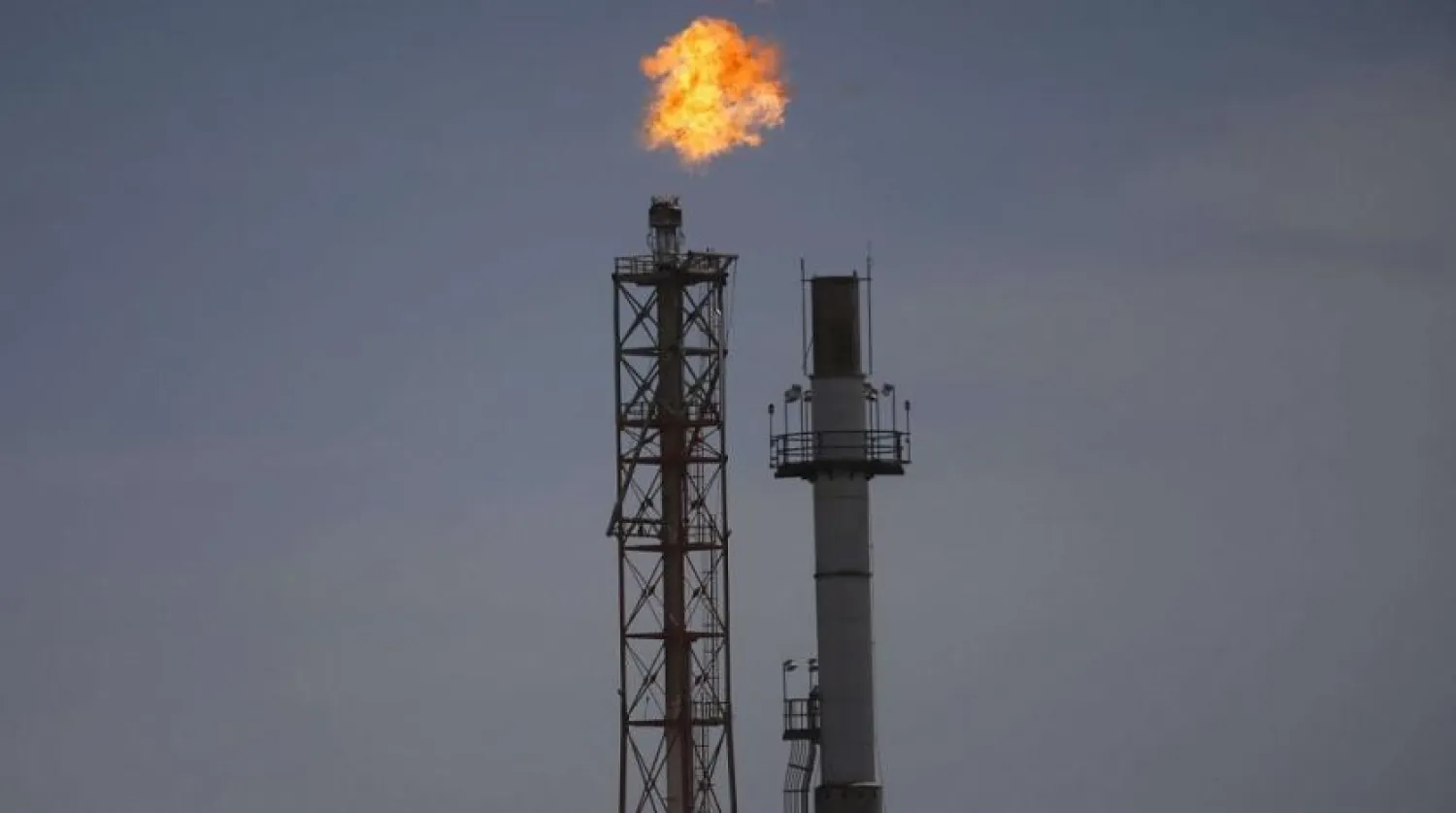The Kuwaiti cabinet has affirmed as “historic” the deal struck with Saudi Arabia to allow production to resume at two oilfields in their shared neutral zone.
Last Tuesday, the two countries signed an agreement to resume pumping at two major oilfields in a shared neutral zone following five years of halting production.
After the cabinet meeting, chaired by Prime Minister Sheikh Sabah Al-Khaled Al-Hamad Al-Sabah, Interior Minister Anas Khaled Nasser al-Saleh announced that these agreements embody the distinctive and special fraternal ties between the two countries, as well as their leadership and peoples' deep belief in their shared destiny.
Saleh added that the cabinet expressed admiration of the great level of cooperation, understanding and harmony among political, legal and technical negotiating teams from both sides. It also hailed their special efforts that helped materialize the vision of the two countries' leaderships.
Assistant Foreign Minister for Legal Affairs and the deals' negotiating committee Deputy Director Ambassador Ghanim Al-Ghanim said that the neutral zone was left undivided when the two countries marked their border at the Uqair Convention in 1922.
This remained the case until the 1965 deal that split the area into demarcated northern Kuwaiti and southern Saudi portions but the natural resources remained shared between both, he added.
He added that the instructions were clear, there is no loss or gain and if an agreement was reached then both parties are winners.









